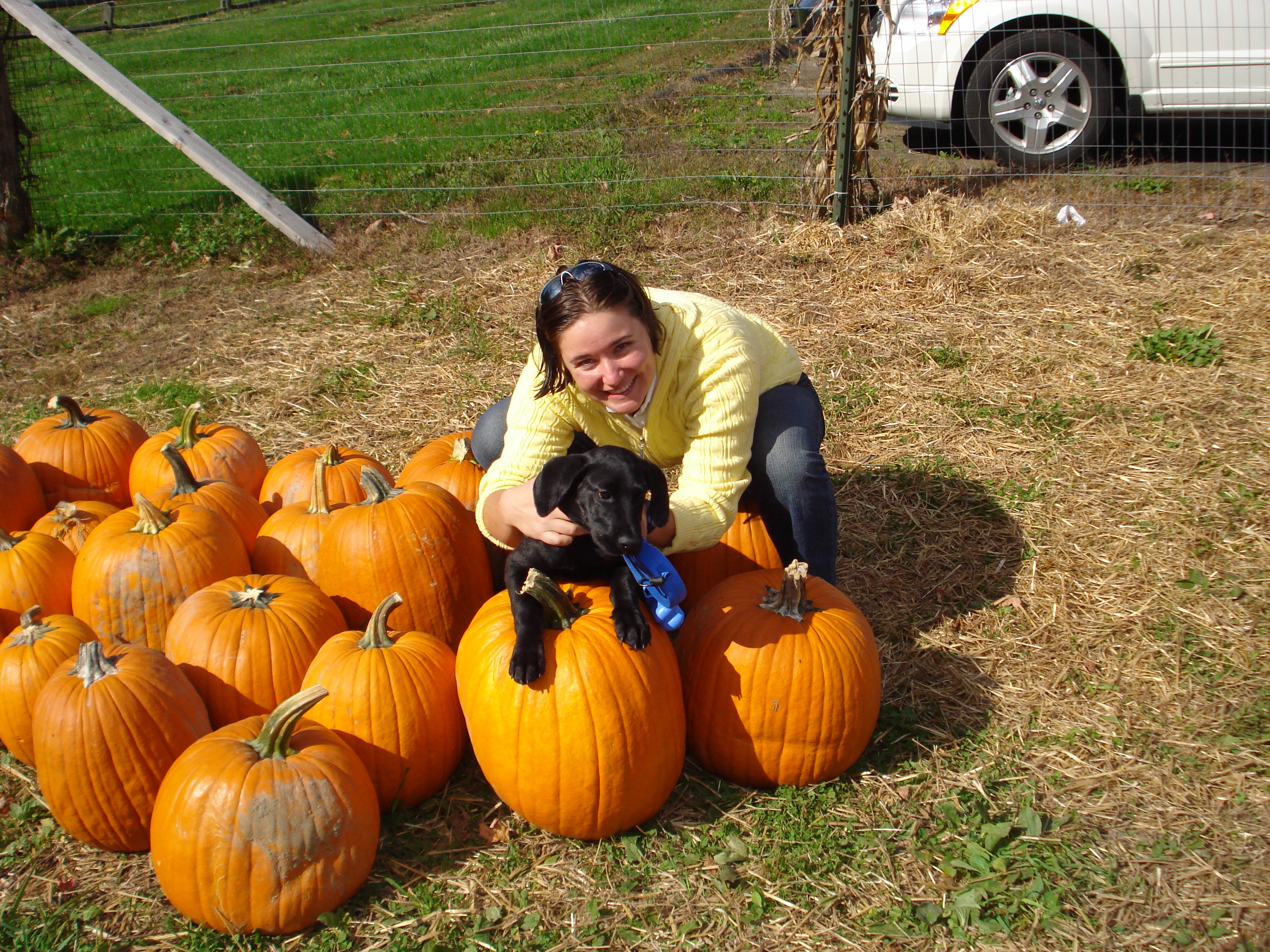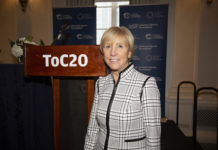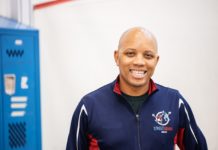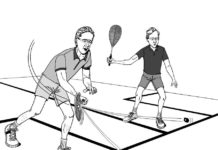This season, U.S. SQUASH has introduced the Squash Professionals Affiliate Program (SPA). With this program, U.S. SQUASH will offer personal liability insurance coverage to qualified squash professionals for coaching, access to a pre-screened, preferred network of health insurance providers, financial incentives for membership based on the number of members per court, discounted sanctioning fees, use of U.S. SQUASH for online entry offering discounts for players, waived sanctioning fees for U.S. SQUASH League and Ladder programs, free admission to the U.S. SQUASH Professional Development Conference (formerly “Coaching Conference”), the opportunity to sell U.S. SQUASH merchandise and co-brand in pro shops, and access to the U.S. SQUASH “Job Network” and “Professional Practices,” an online collection of best practices for coaches and pros, and regional professional mentoring, and support and advocacy for professional development at clubs.
 Squash Magazine, as part of a monthly feature, will talk to a member of the program and get their take on the state of squash in the US. Pamela Saunders, currently the Assistant Men’s and Women’s Squash coach at Yale University talked about her development and the future of squash in the US.
Squash Magazine, as part of a monthly feature, will talk to a member of the program and get their take on the state of squash in the US. Pamela Saunders, currently the Assistant Men’s and Women’s Squash coach at Yale University talked about her development and the future of squash in the US.
Where did you get you initial exposure to squash?
My dad and brother brought me to the squash courts at the Nomads Club in Zimbabwe when I was eight years old. Reg Palterman, (father of future Trinity teammate Kim Palterman) ran a program there. I started playing once a week, with about 30 other kids, for two hours. Shortly after, I entered a U10 and actually won. Granted, I was the only player in the division! I also entered the U12 and did fairly well and was encouraged to enter squad training, which meant playing twice a week. I began winning tournaments and was selected to represent Zimbabwe in test matches against Zambia and South Africa.
When did you first start teaching the game?
When I was 13 I helped run a program at the Eaglesvale School in Zimbabwe. I found I enjoyed coaching and felt I could make a difference in kids lives. I was lucky enough to matriculate at Trinity College in Hartford (CT), where I played from 2000-2004. I helped run the Trinity Squash club after graduation, before landing the head coaching position at Mt. Holyoke College in Massachusetts.
What do you see as the biggest difference in coaching college kids in the US as opposed to coaching in Zimbabwe?
Players back in Zimbabwe are more motivated to succeed in squash because they see it as a way to get out of the country. The level of commitment is much higher there. There is much more opportunity here for kids growing up, more courts, more coaches, so they (US players) tend to be a bit more complacent.
Why are you a part of SPA?
I think it is wonderful that U.S. SQUASH has created this umbrella for coaches to work under. I think it will really help grow the game in the states. The proposed club professional tourney will be a great way for players like me, who have a hard time keeping our own games fine-tuned, to compete against others in the same boat.
What pros would you say were most influential in your growth?
Graham Prior, my coach in Zimbabwe had a huge impact on my game. Wendy Bartlett, by recruiting me to play at Trinity clearly had the biggest effect on my life, while Robert Lingashi raised the level of my game to new heights my final year at Trinity. Currently, Dave Talbott (Yale head coach) and Demer Holleran are two coaches I look up to. Dave is all about growing the game and he sees the importance of balancing hard work, academics and fun for the kids at Yale. Demer is a role model for all women squash players, as she has worked so hard to get where she is as both a player and a business woman





